Studies by the CDC show that less than 50% of Americans above the age of 18 are vaccinated for influenza. Roughly 20% of Americans are vaccinated for COVID-19 and RSV as well.
With so many questions about vaccinations in the last few years, some Americans have begun looking into using an alternative vaccine schedule. But what are the upsides of doing so, and are there risks attached that parents should be aware of for their children?
If you’re curious about child immunization and vaccine safety, we’re here to help. Here are the upsides and downsides of using an alternative vaccine schedule.
What Is An Alternative Vaccine Schedule?
The CDC has a published schedule that shows when you should have your child’s vaccines given. Most of these shots begin at two months, while some others are given at birth. Still, others may depend on the mother’s vaccination status and the child’s health.
The reason to space these out is to avoid overwhelming the child’s immune system. Furthermore, these vaccines are scheduled for when the child is most at risk for a virus. As such, the CDC’s schedule is generally seen as the most authoritative schedule to follow.
Upsides of Using an Alternative Vaccine Schedule
If the vaccine schedule is so good, why use an alternative one? Here are some of the upsides of using an alternative vaccine schedule.
Greater Immunity
A common tactic for some parents is to avoid vaccination so that the child catches the full virus or disease. That’s because your child’s immunity will be stronger if your child faces the full-strength virus. The belief is that immunization gives a much weaker version of the virus, so the immune system is weaker as a result.
“Wait and See”
Other parents may feel that vaccines aren’t safe. While vaccines do not enter the medical market if they haven’t been thoroughly tested and approved, some parents remain hesitant. Moving off schedule can help the parents ensure a vaccine is safe before giving it to their child.
Downsides of Using an Alternative Vaccine Schedule
It isn’t all upsides. Here are some notable cons of veering off schedule for your vaccination and wellness check.
Virus Exposure
Waiting to get an immunization will expose your child to the virus. As an infant, children do not have the immune system to fight off most viruses and diseases. Waiting can sometimes become a life-threatening situation.
Catching Up
If you go off-schedule, you may need to get more vaccinations within a short period. Doing so can flood your child’s immune system with too many viruses at once, causing health concerns. Many doctors will refuse to over-vaccinate your child for this reason, which can impact their wellness.
Deciding On Vaccines
When vaccinating your child, we strongly urge you to speak to your pedicatrician or your child’s primary care provider to understand the risks of an alternative vaccine schedule. While some see upsides, others see risks. It is important to make an informed decision.
At the Family Health Center, we’re dedicated to providing Sandpoint with the best medical care. Our expert medical staff are trained to give you the best care in northern Idaho. Browse our services to see how we can help you today.




